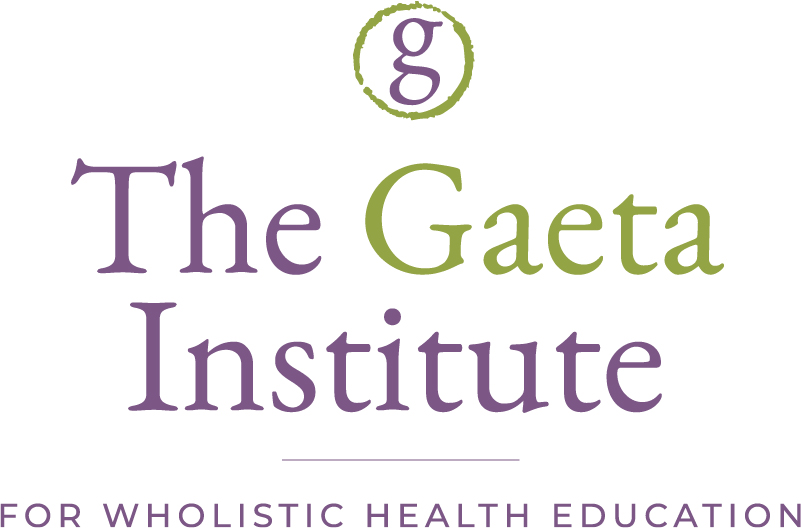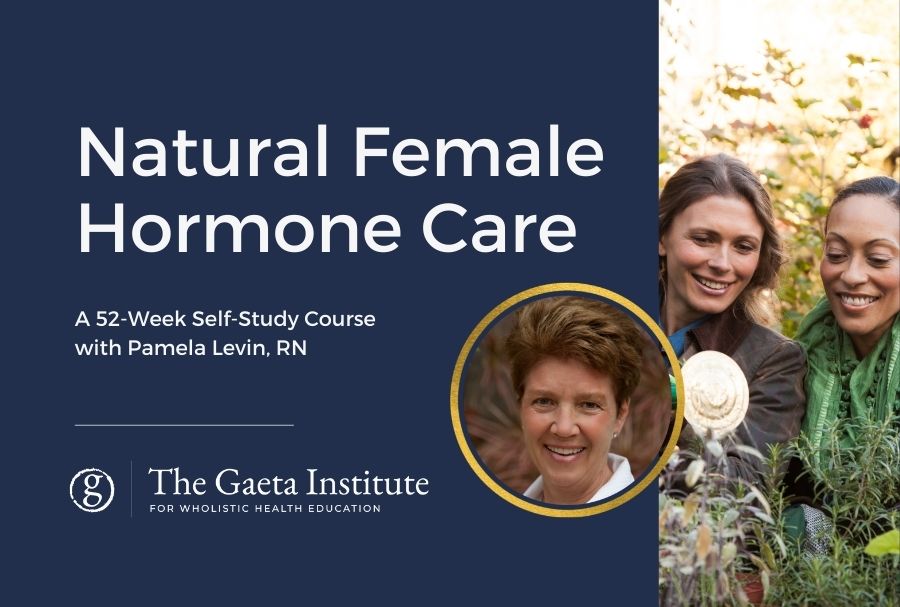| Summary |
| Natural Female Hormone Care Lesson 9: Endocrine Physiology and Hormonal Teams |
| Dr. Dr Michael Gaeta began the ninth lesson of a course on natural female hormone care. He highlighted the significance of this lesson, which discusses an important aspect of female endocrine physiology. Dr. Gaeta announced the beginning of a new series of lessons, which focus on each hormonal team member and their functions. He emphasized that the endocrine system is not a top-down hierarchy but a web of interconnected relationships. He also mentioned that many reproductive organs can be affected by glandular depression or endocrine fatigue and that the ovaries are often the weakest. |
| Estrogens and Endocrine System Health |
| Dr. Dr Michael Gaeta discussed the role of estrogens in a woman’s life cycle, highlighting the three primary hormones – Estrian, Estreol, and Estradiol – and their significance from childhood to menopause. Dr. Gaeta also emphasized the importance of the hypothalamus and pituitary glands in supporting hormonal balance and overall endocrine system health. He suggested that therapeutic support for the hypothalamus can positively affect the entire endocrine system. |
| Hormones in Women’s Menstrual Cycle and Pregnancy |
| Dr. Dr Michael Gaeta discussed the role of hormones in a woman’s menstrual cycle and pregnancy. He highlighted that the ovaries produce varying levels of hormones, particularly estrogen and progesterone, at different times in the cycle. Estrogen, during the follicular phase, stimulates the uterine lining to grow, while progesterone, produced after ovulation, prepares the uterine lining to support a baby. Dr. Gaeta further explained that in pregnancy, progesterone levels rise to prevent another period, and the baby’s placenta takes over the production of both hormones. He also noted that HCG, a hormone produced by the baby’s placenta, stimulates the production of these hormones in pregnancy. |
| Natural Progesterone Supplements in HRT Discussed |
| He also mentioned that low progesterone levels can lead to insulin resistance, fibromyalgia, and depression. Dr. Gaeta emphasized the use of natural progesterone supplements as alternatives to synthetic hormones in hormone replacement therapy. He also warned against masking symptoms with drugs without addressing the underlying causes. |
| Estrogen Health Risks Discussed |
| He also pointed out potential health risks associated with estrogen, including blood clotting and the risk of breast and endometrial cancers. |
| Testosterone, Heart, and Hormonal Imbalances |
| Dr. Dr Michael Gaeta discussed the potential connection between low testosterone levels and female heart problems, especially after menopause. He explained that inadequate testosterone levels can lead to a loss of connective tissue in the heart, decreased coronary artery flow, and reduced red blood cell production, causing symptoms such as weakness and shortness of breath. He also noted that chronic stress can lead to testosterone deficiency. Dr. Gaeta then shifted the discussion to diagnosing hormonal imbalances, emphasizing the importance of a patient’s history and identifying factors that weaken ovarian tissue. He pointed out that baby boomers, born between 1946 and 1964, may be at higher risk due to exposure to DDT, a pesticide now banned but still used in some countries. |
| Hormonal Imbalances: Environmental and Dietary Factors |
| Dr. Dr Michael Gaeta discussed the various factors contributing to hormonal imbalances in women and men, including exposure to DDT, radiation, and organic solvents. He also emphasized the impact of environmental hormone disruptors and the effects of surgical removal of the ovaries. Dr. Gaeta also mentioned the role of starvation, including famine, crash diets, and lack of sufficient essential fatty acids, in negatively affecting hormone production, citing an example of elite female runners who stopped menstruating due to their extremely low body weight. |
| Hormonal Imbalances and Ovarian Function |
| Dr. Dr Michael Gaeta discussed the symptoms of low ovarian function, which may manifest as symptoms of low progesterone, estrogen, and testosterone. He suggested using a checklist to assess a patient’s hormonal status and, if indicated, recommending a hormonal saliva test. However, he cautioned against jumping to conclusions based on these results and emphasized the importance of optimizing body function rather than replacing hormones from external sources. He also highlighted that hormone imbalances are symptoms, not causes, and that a hormone management team works together. Lastly, he noted that regular periods can indicate ovarian function, while irregular periods can suggest a problem with one or both ovaries. |
| Hormone Imbalances and Covid Vaccination Impacts |
| Dr. Dr Michael Gaeta discussed the symptoms and checklists for identifying hormone imbalances in women, such as low progesterone and high estrogen, estrogen dominance, low progesterone and high estrogen in menopausal women, and low testosterone. He also mentioned the potential adverse effects of experimental mRNA Covid injections on fertility and miscarriage. The discussion concluded with the recommendation to consider a woman’s Covid vaccination status when dealing with fertility or miscarriage issues. |

